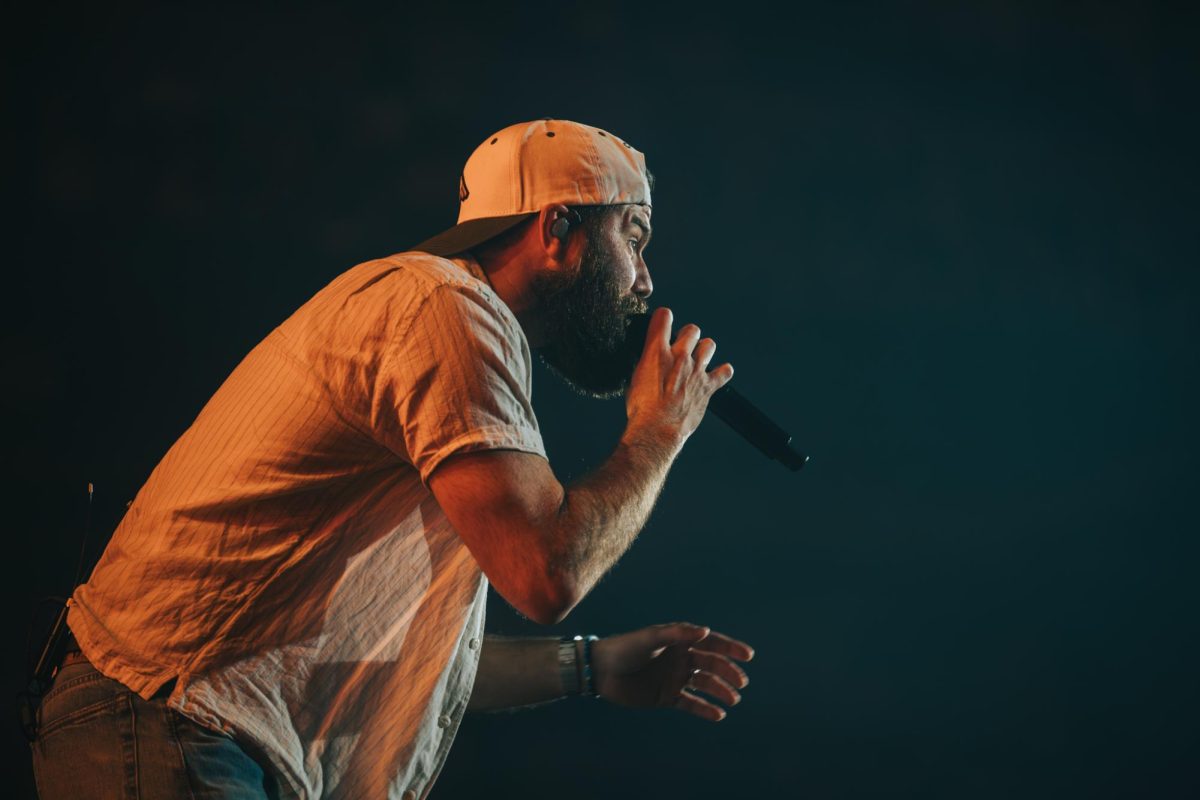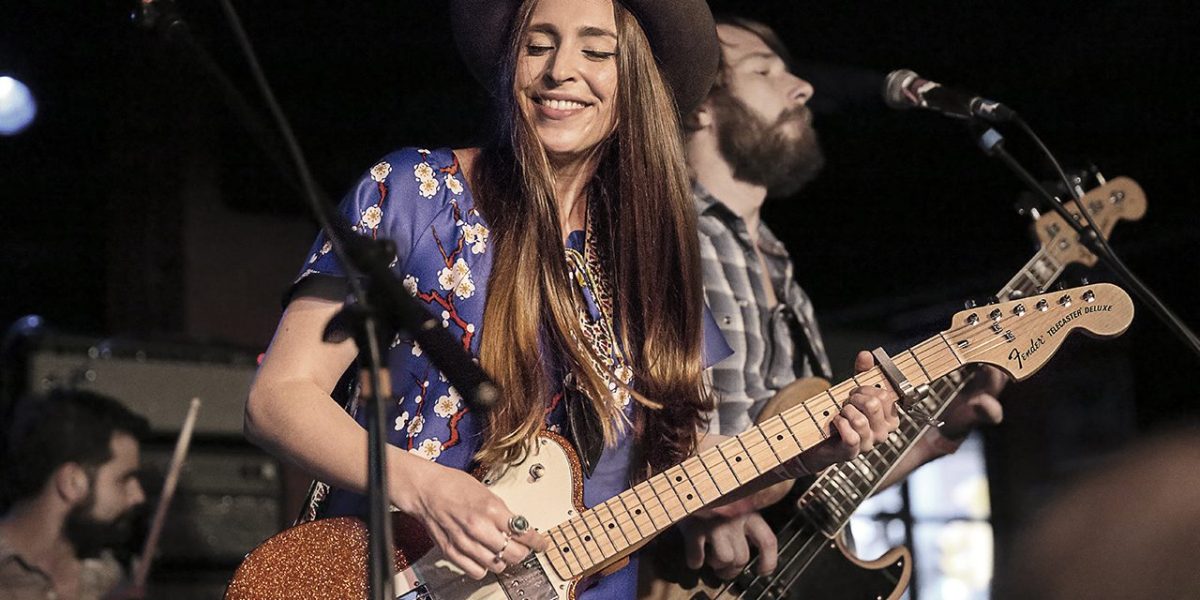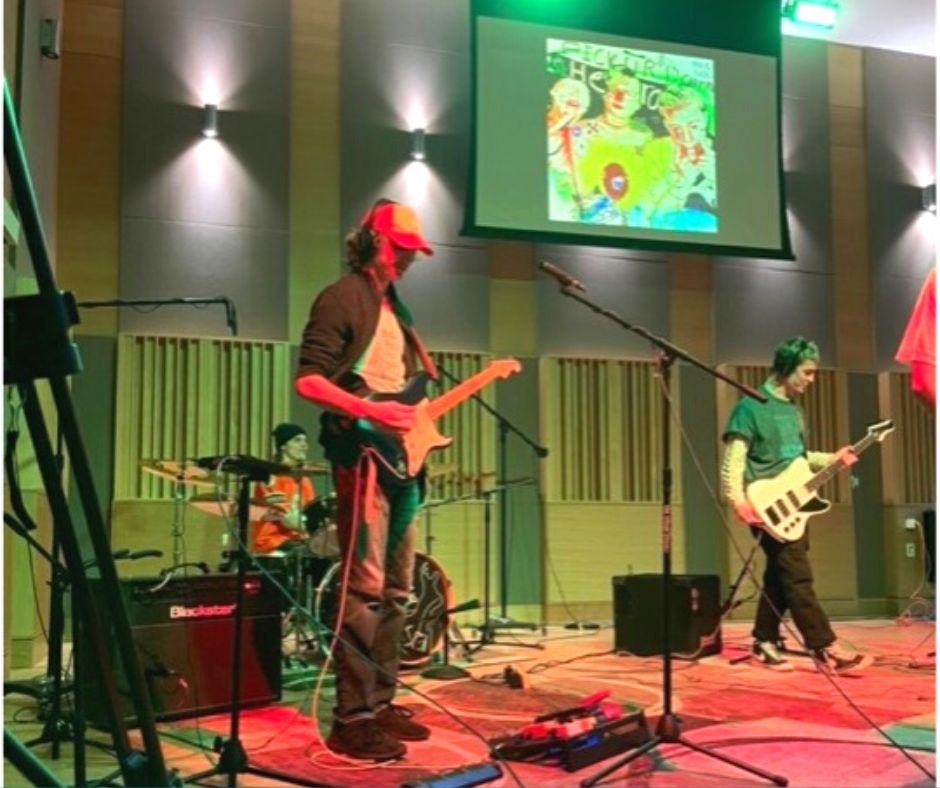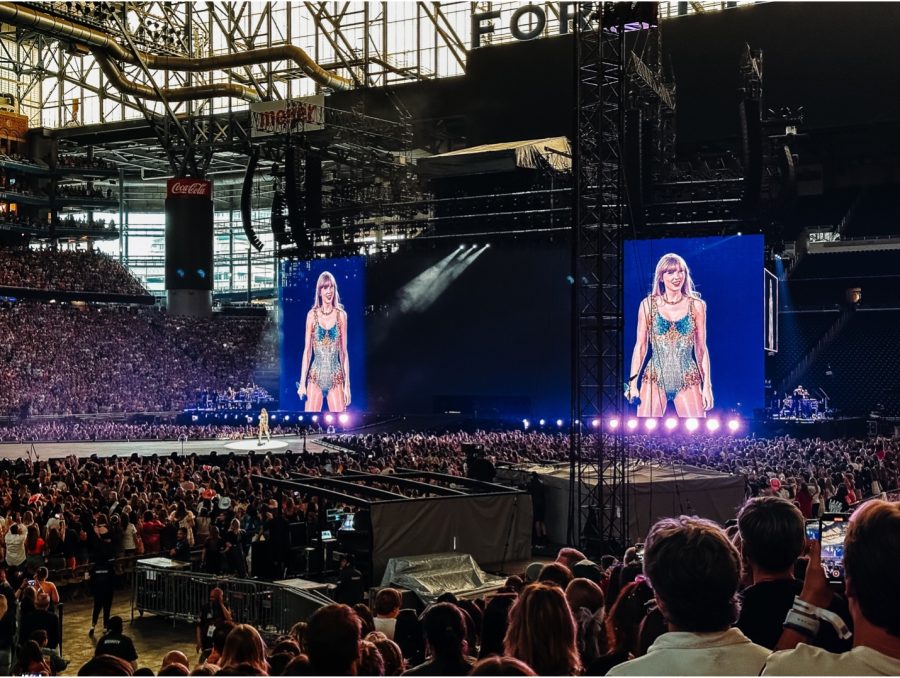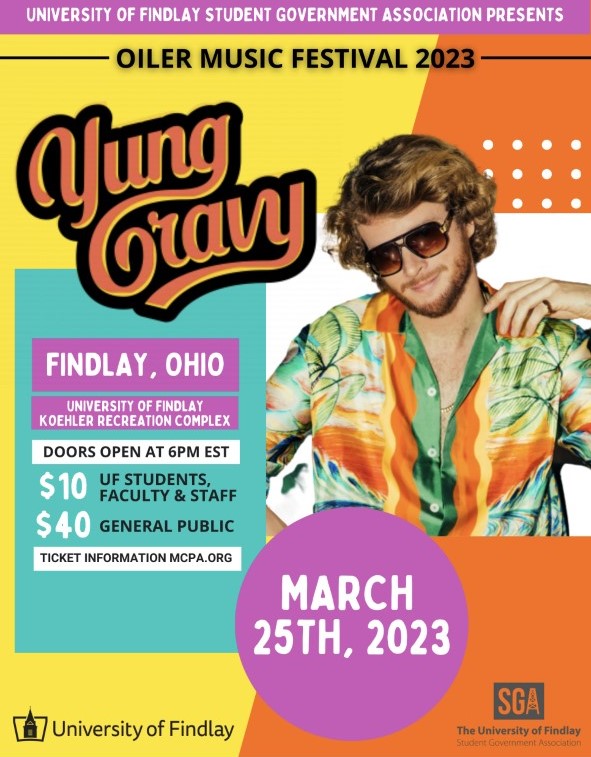Heidi Gasser | Reporter
Young composers at BGSU are making a name for themselves with experimental contemporary style. On Sept. 27, BGSU’s College of Music held a Composer’s Forum where budding composers can have their work performed for an audience.
One composer, Graduate Student and Music Composition Major Aaron Chung, presented a piece inspired by political unrest in his homeland of Hong Kong.
Voices, one of Chung’s favorite works, is a saxophone and piano piece accompanied by a prerecorded track of people sharing their stories of life under tyranny. Most shared in their native language through a megaphone, which Chung included to represent an instrument for activism.
“I am not providing transcriptions or subtitles during the performance, and the reason for that is to create distance between the audience and the speakers. And so the idea is that these people, the actual people [whose] stories we read on the news, we are physically much further away from them. I wanted to create that distance, with them speaking in their own languages,” Chung said.
Chung first performed the piece in Hong Kong, where he decided to leave out the narratives condemning Hong Kong’s sensitive politics. There, citizens can be persecuted for speaking out against the Chinese government.
“Now, it is really risky to actually speak out your dissent in Hong Kong. If the piece actually got famous, and we had all of these Cantonese [native] recordings, we could potentially get in trouble for inciting hatred,” Chung said. “[We] got rejections [from people] to do the recordings. And I think this really illustrates the fear that people live in.”
Graduate student composer Jacob McFarland composed a piece to depict the turmoil of watching his great grandmother decline into dementia. He constructed Great Grandma Mac entirely digitally, using special techniques to produce a “mosaic of sound.”
“You take the sound and break it up into tiny little grains, little bits of sound, that can anywhere from a second to ten milliseconds and you rearrange those. So you can have one sound that sounds normal…and over time, things slowly start to get out of order.” McFarland said.
By rearranging pieces of orchestral sounds, McFarland wanted to create a feeling of distortion mimicking the mental chaos his great grandmother experienced as she suffered severe memory loss.
“[The song] becomes out of order, like a memory. When you have dementia, things slowly start to shift out of order,” he said. “The whole piece is structured around the slow descent into disorder.”
Both composers utilized contemporary methods of musical expression. Sum Yee Lee, the Teaching Assistant for the Graduate Student Composition Program, recognized the importance of young composers getting a space to share their craft.
“That’s part of our [jobs as composers], to listen to as much music as we can. Listen to your peers, listen to other new composers. That’s usually what we draw inspiration from,” she said.
“As composers, we write music…we can’t just write music. We can’t just enjoy it by ourselves. We have to have an audience who actually likes to listen to the music.”
Chung understands that new takes on traditional music styles can be intimidating for aspiring music writers. He thinks that the best way to combat this fear of change is to have an open mind.
“The word contemporary music is sometimes very scary,” Chung said. “Just because whenever [people] think of contemporary music, they think of those ugly sounds. Dissonance, chords, noises, weird techniques from the instruments. But I think the more you listen to contemporary music, the more you understand why the composers use those techniques.”
Lee advocates for even non musicians to explore other forms of music by coming to events like the Composer’s Forum, to broaden their horizons and try something new.
“Go and listen! Sometimes, you may find that you like it. Other times, you may not like it. You just have to try it. It’s an adventure,” Lee said.








